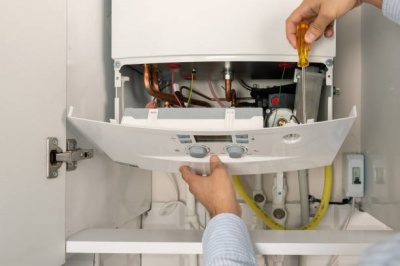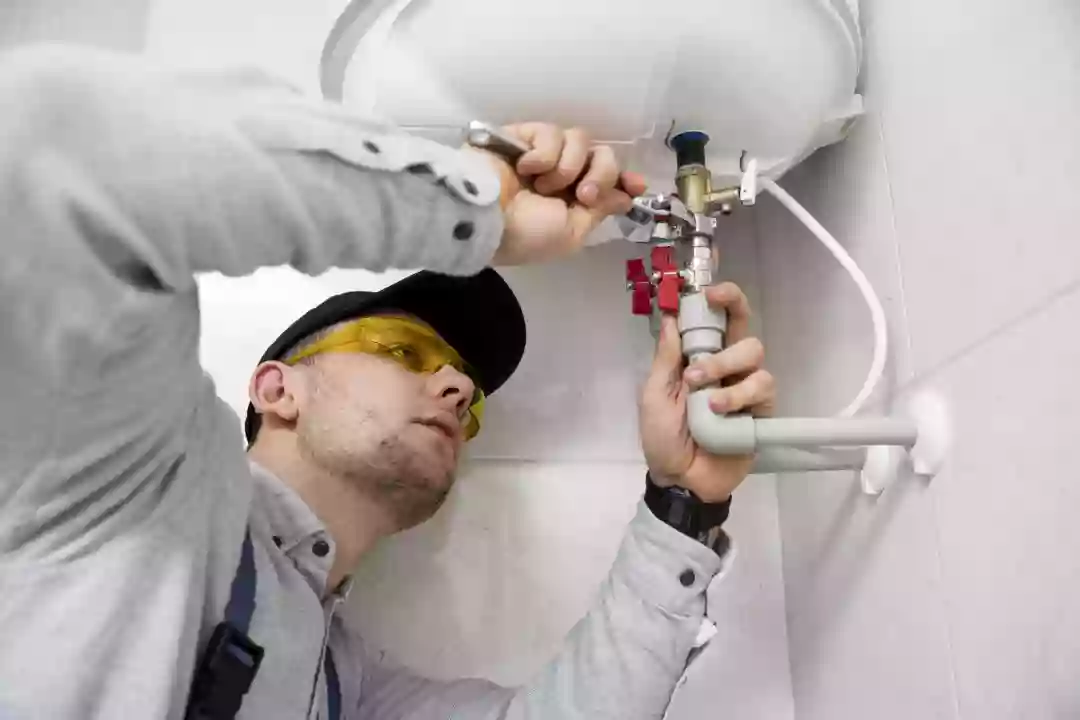What is a Heat-Only Boiler?
Boilers are an essential part of modern homes, providing hot water and central heating. They come in a variety of sizes and types to suit every home’s needs. Depending on the type of boiler you have, they’ll require unique repair needs and maintenance. In this article, we’ll discuss understanding the different types of boilers and their unique repair needs.
A heat-only boiler is the most traditional type of boiler and has been in use for many years. It uses both a storage tank and a hot water cylinder and is best suited for larger households with multiple bathrooms. The storage tank is used to store cold water, while the hot water cylinder stores hot water until it is used. The advantage of this system is that it provides a continuous supply of hot water, allowing multiple taps to be used at once. While this type of boiler is an efficient way to heat your home, there are some drawbacks. The biggest issue is that it requires frequent maintenance and can be quite complicated to manage.
What Is a Combi Boiler?
A combi boiler is a smaller, more compact version of the heat-only boiler. It combines the functions of a hot water heater and a central heating system into one single unit, providing hot water and heating without the need for additional storage tanks or hot water cylinders. This type of boiler is becoming increasingly popular due to its space-saving size and energy efficiency. The main advantage of a combi boiler is that it offers instant hot water as soon as it is turned on, meaning no more waiting around for the water to warm up. However, if multiple taps are turned on simultaneously, then the hot water pressure can drop significantly.

Need assistance finding boiler repairs near you?
Get a QuoteWhat is a System Boiler?
A system boiler is a middle option between a heat-only and a combi boiler. It works by circulating hot water from a storage tank to the radiators but does not require a hot water cylinder. This type of boiler is ideal for larger households, as it provides a larger supply of hot water compared to a combi boiler. Additionally, a system boiler is usually easier to install than a heat-only boiler due to its design, making it an attractive option for homeowners. However, the storage tank may take up more space, so consider this when deciding if this type of boiler is right for you.
Combi Boiler Maintenance
Combi boilers are generally low maintenance, but there are some things you should check periodically for efficient functioning. Regularly check for any leaks, as this could lead to costly repairs in the long run. Additionally, make sure the pressure is set correctly, and the internal components are correctly balanced. Also, verify that all the valves are in working condition, as this will help your boiler to reach optimum performance levels. Lastly, make sure your annual service is up to date, as this will help to identify any potential problems before they become serious.
Common Boiler Repair Needs
No matter how well maintained, boilers will eventually require repairs. Some of the common repair needs include parts replacement, airlock removal and safety valve testing. If your boiler isn’t functioning efficiently, it is likely due to worn-out parts which can be replaced. Also, if the pressure drops too low, this can cause an airlock which a specialised engineer can remove. Lastly, safety valves must be tested regularly, and if they fail, they must be replaced to maintain proper safety.
Knowing the different types of boilers, their unique features and their repair needs can help you maintain them more efficiently. When making decisions about your boiler, always consult with an experienced engineer who understands the complexities of boilers. This information can help you keep your boiler running in the most efficient manner possible.
In this article:
